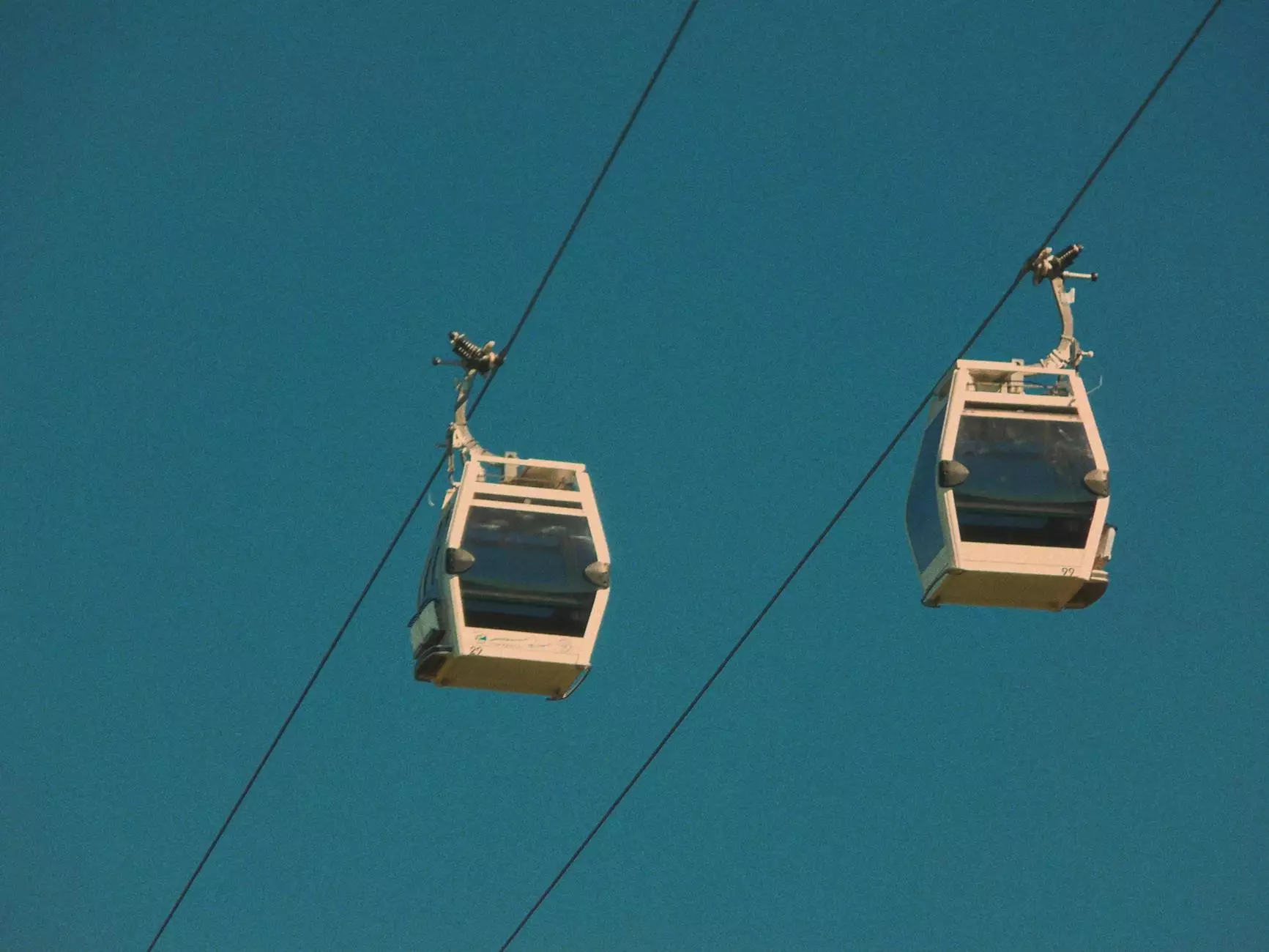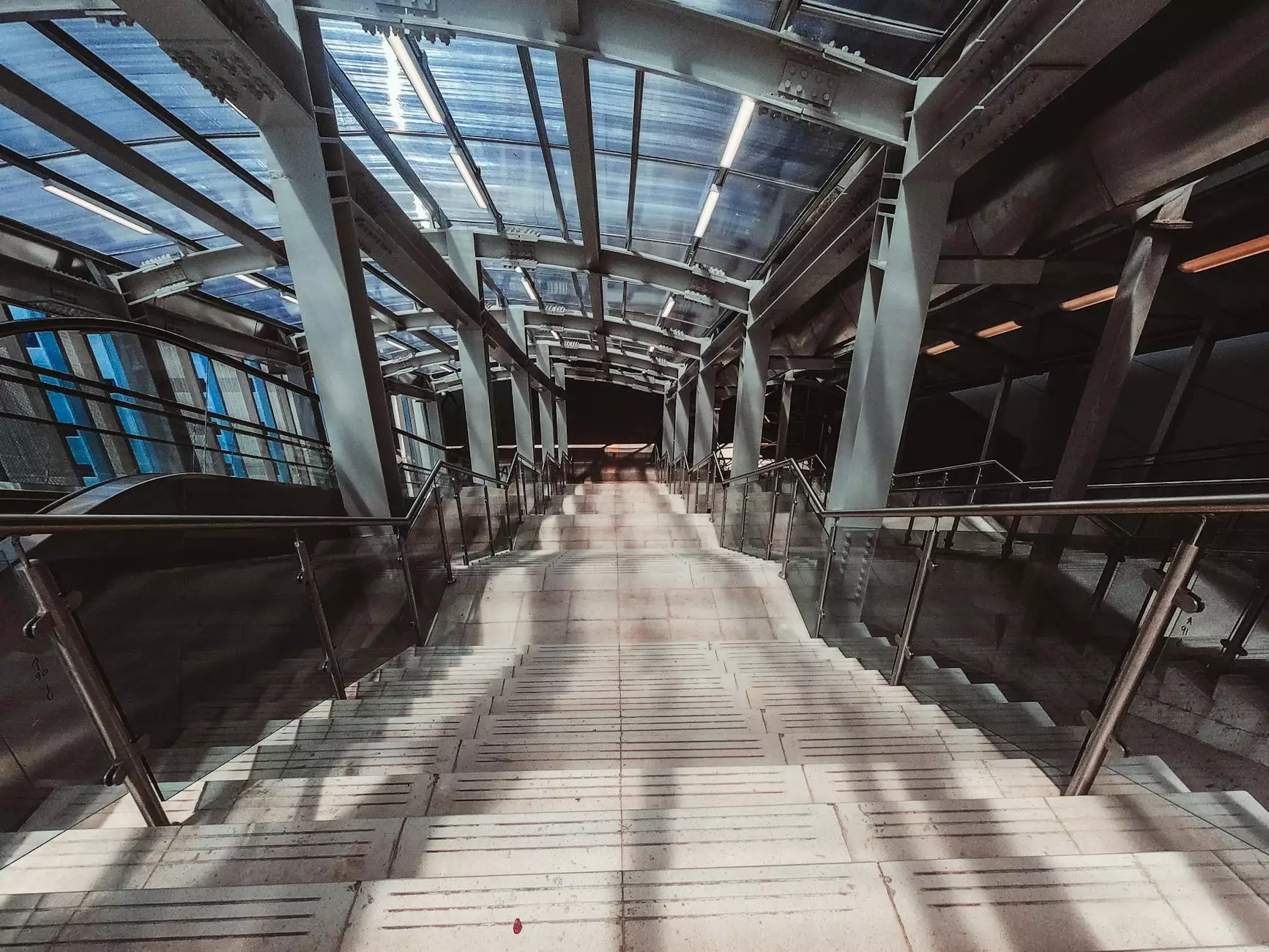Enhancing Performance with JEEP SUSPENSION Systems

The world of off-roading is exhilarating, and at the core of every successful adventure lies a critical component: the JEEP SUSPENSION system. This article delves deep into understanding what makes a strong suspension system, its various types, and how it can significantly enhance your driving experience.
Understanding JEEP SUSPENSION
The JEEP SUSPENSION system is vital for maintaining vehicle stability and comfort, especially when traversing uneven terrains. A well-designed suspension does more than just absorb shocks; it keeps your tires in contact with the ground, ensuring better traction and control. Whether you are navigating rocky paths or sandy beaches, having the right suspension can make all the difference.
Importance of a Quality Suspension System
1. Enhanced Ride Quality
One of the foremost advantages of investing in a quality JEEP SUSPENSION is the improvement in ride quality. On rough terrains, a robust suspension system absorbs shocks, making your ride smoother and more enjoyable.
2. Improved Handling and Stability
A well-calibrated suspension system provides better handling and increases vehicle stability. This is crucial when cornering or when ascending and descending steep slopes, where control is paramount.
3. Increased Off-Road Capabilities
Off-roading requires more than horsepower; it demands a sophisticated suspension system capable of handling the unpredictable nature of terrains. A superior suspension enhances ground clearance, allows for greater wheel articulation, and helps navigate obstacles more effectively.
4. Tire Wear and Durability
Suspension plays a significant role in how tires wear over time. A good suspension system maximizes tire contact with the ground and allows for uniform weight distribution, leading to better tire health and longevity.
Types of JEEP SUSPENSION Systems
When it comes to the JEEP SUSPENSION, several types are designed to suit different needs and preferences. Here is a closer look at the most common types:
1. Leaf Spring Suspension
- Characteristics: This traditional setup consists of several curved steel plates, known as leaf springs, stacked on top of each other.
- Benefits: Offers great load-bearing capacity and is often more economical.
- Disadvantages: May lack flexibility in terms of ride comfort on rugged terrains.
2. Coil Spring Suspension
- Characteristics: Utilizes a helical spring to support the vehicle’s weight and absorb shocks.
- Benefits: Provides better ride comfort and handling compared to leaf springs.
- Disadvantages: Might not handle heavy loads as efficiently as leaf springs.
3. Air Suspension
- Characteristics: Uses air-filled bags instead of traditional springs.
- Benefits: Offers adjustable ride height and enhanced shock absorption.
- Disadvantages: More complex and may require maintenance.
4. Hydro-Pneumatic Suspension
- Characteristics: Combines hydraulics with air pressure to provide an adjustable ride experience.
- Benefits: Can adapt to various driving conditions and offers superb comfort.
- Disadvantages: Typically found in more expensive models and may incur high repair costs.
Benefits of Upgrading Your JEEP SUSPENSION
Upgrading your JEEP SUSPENSION can unlock numerous benefits that can significantly enhance your off-road adventures. Here are some key advantages to consider:
1. Greater Ground Clearance
With a suspension upgrade, you can achieve additional ground clearance, allowing your JEEP to navigate over rocks, logs, and other obstacles that would normally impede a lower vehicle.
2. Better Performance on Rough Terrains
A tailored suspension system can enhance your vehicle's performance in challenging terrains by improving articulation and flex, keeping the tires firmly planted for maximum grip.
3. Customization Options
Many aftermarket suspension systems offer customizable options, allowing you to fine-tune your JEEP’s ride characteristics to suit personal preferences and driving habits.
4. Improved Appearance
A suspension lift kit can elevate the overall look of your JEEP, giving it a more aggressive and off-road-ready stance that stands out on the trails and the streets.
How to Choose the Right Suspension for Your JEEP
Choosing the perfect JEEP SUSPENSION system can be daunting due to the myriad of options available. Here are essential factors to consider when making your decision:1. Purpose and Use
Assess how you intend to use your JEEP. Will it be for casual off-roading, rock crawling, or daily driving? Different usage patterns may require distinct suspension setups.
2. Budget
Determine your budget before exploring options. Remember that while a high-end suspension may offer top performance, there are numerous cost-effective alternatives that can also meet your needs.
3. Brand Reputation
Consider purchasing from established brands known for their quality and reliability in suspension systems. Reviews and testimonials can offer insights into performance and customer satisfaction.
4. Compatibility
Ensure the suspension system is compatible with your specific JEEP model. Check for lift heights recommended for different axle ratios and tire sizes to avoid future complications.
5. Installation Requirements
Review whether you prefer to install the suspension kit yourself or hire a professional. Some systems come with comprehensive installation guides, while others may require specialized tools or expertise.
Tips for Maintaining Your JEEP SUSPENSION
Maintaining your JEEP SUSPENSION is crucial for ensuring it operates effectively and lasts longer. Here are some essential maintenance tips:1. Regular Inspections
Periodically check your suspension components for signs of wear, such as leaks in shock absorbers or cracked bushings. Catching problems early can prevent costly repairs.
2. Keep It Clean
After off-roading adventures, ensure to clean your suspension components to remove dirt, mud, and debris. This will help in preventing corrosion and promote longer life for the system.
3. Check Wheel Alignment
Improper alignment can lead to uneven tire wear and affect suspension performance. Regularly check your wheel alignment, especially after installing a new suspension system.
4. Avoid Overloading
Adhere to the manufacturer’s load capacity recommendations. Overloading your JEEP can compromise the suspension system and negatively affect performance.
Conclusion
In conclusion, upgrading or maintaining your JEEP SUSPENSION system is an investment that pays dividends in enhanced performance, safety, and overall driving pleasure. Understanding the various types and selecting the right system tailored to your needs will not only improve your off-road capabilities but also ensure that your adventures are both enjoyable and safe. As you explore options and make upgrades, consider the importance of quality and compatibility to achieve the ultimate off-road experience!
For more information on automotive, auto parts & supplies, and auto repair, visit us at offroad-zone.com.









